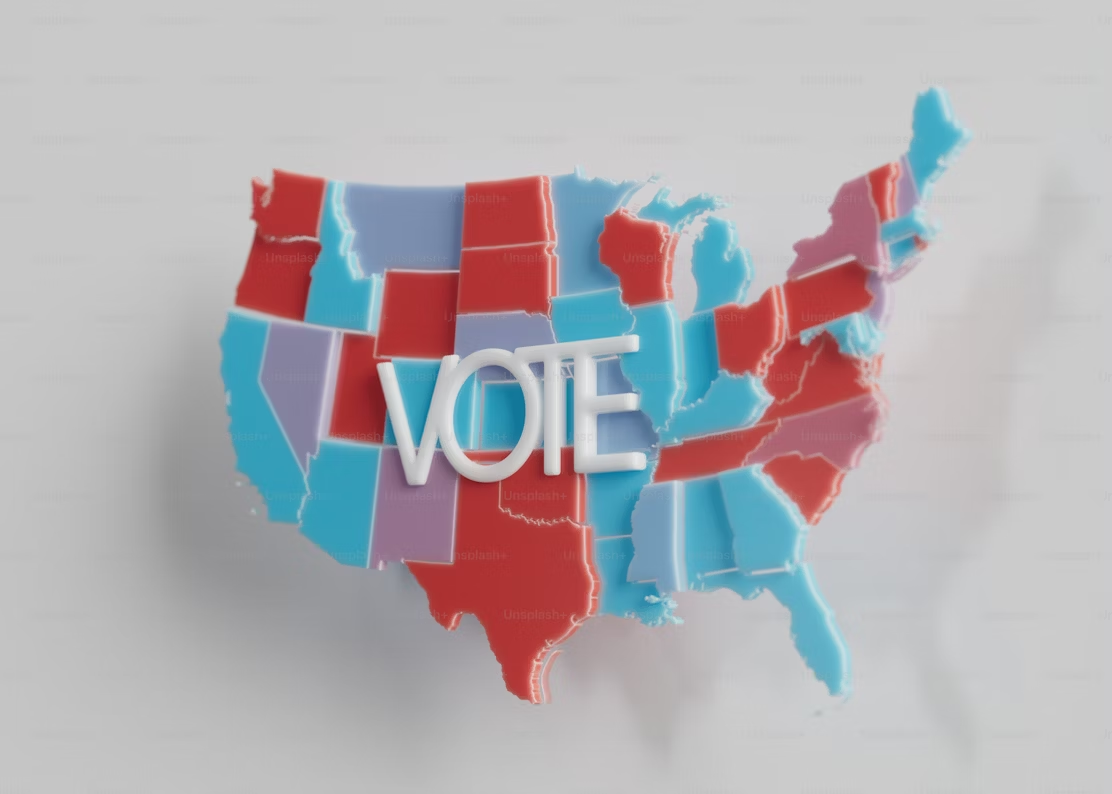Electoral College Confirms Donald Trump’s 2024 Presidential Victory
In a definitive step toward solidifying the 2024 presidential election results, the Electoral College convened today to confirm the victory of President-elect Donald Trump. The outcome of this pivotal assembly saw Trump accumulating an impressive 312 electoral votes, which comfortably exceeds the 270 votes required to secure the presidency. In contrast, Vice President-elect Kamala Harris garnered 226 votes. Notably, the electoral process was marked by a consensus among electors, as no faithless electors arose to challenge the official tally, ensuring a smooth ratification of the election results.
Amid Political Tensions, Trump Addresses the Nation
In the aftermath of his electoral win, President-elect Trump addressed the nation from Florida, outlining his administration’s agenda amidst ongoing legal challenges that have characterized the post-election landscape. In his speech, Trump identified several key priorities that he plans to focus on during his presidency. These include economic recovery, enhancing border security, and maintaining fiscal discipline, which includes a strong commitment to addressing the national debt ceiling. Additionally, Trump addressed the legal challenges that some observers have raised, firmly dismissing any allegations of electoral impropriety and urging for national unity as he prepares to assume office in January.
Debates Over the National Debt Ceiling
As the transition period unfolds, the debates surrounding the national debt ceiling come into sharp focus, signaling the policy priorities of the incoming administration. Trump’s approach emphasizes leveraging the debt ceiling to promote significant spending cuts, placing fiscal restraint at the forefront of his agenda. This position has resonated with Republican lawmakers, who are increasingly vocal about pressing for meaningful spending reductions in exchange for any agreement to raise the debt limit. The ongoing discussions are contributing to rising political tensions, particularly as Democrats caution against potentially politicizing the debt ceiling, warning that doing so could jeopardize economic stability during a precarious recovery period.
Supreme Court to Hear TikTok Case
In another significant development impacting the political and legal landscape, the Supreme Court has announced its decision to hear a pivotal case concerning the potential ban of TikTok, a popular social media platform in the United States. The case arises amid national security concerns linked to allegations that TikTok, which is owned by the Chinese firm ByteDance, poses risks to American interests. The decision will not only address potential security vulnerabilities but will also elicit discussions surrounding First Amendment questions, with opponents arguing that a ban could infringe upon free speech protections. The implications of this case are anticipated to shape digital platform regulations and further inform the broader ongoing debates about data privacy, national security, and civil liberties in the age of technology.
Preparing for a New Administration
As the nation braces for the return of the Trump administration, the current political landscape is fraught with accompanying challenges and pressing policy concerns. Among the myriad issues at hand are economic and fiscal policies, particularly the ongoing debates centering around the national debt ceiling, which will ultimately set the framework for Trump’s fiscal agenda. Concurrently, the aforementioned TikTok case underscores mounting concerns at the intersection of national security and technology, while also raising broader questions about civil liberties in a highly digitalized society. Furthermore, the incoming president will need to navigate a notably polarized political environment, necessitating strategic governance to effectively confront both domestic and international issues.
Conclusion: A Pivotal Moment for American Governance
The Electoral College’s formal confirmation of Donald Trump’s victory marks a significant chapter in the American governance narrative, largely shaping the trajectory of U.S. political discourse for the foreseeable future. As critical policy discussions develop and landmark legal decisions approach, the coming months will be crucial in determining the direction of both domestic and foreign policy under the new administration. The unfolding dynamics of governance will undoubtedly play a decisive role in defining the nation’s approach to pressing issues such as economic recovery, national security, and the overarching quest for unity in a deeply divided political landscape.
FAQs
What is the Electoral College?
The Electoral College is a body of electors established by the United States Constitution responsible for formally electing the President and Vice President of the United States. Each state has a designated number of electors based on its population, and the total number of electors is 538, with a majority of 270 needed to win the presidency.
What are the key priorities outlined by President-elect Trump?
President-elect Trump has emphasized several key priorities during his address, including economic recovery, enhancing border security, and enforcing fiscal discipline with a specific focus on the national debt ceiling.
What are the implications of the Supreme Court hearing the TikTok case?
The Supreme Court’s decision to hear the TikTok case could have significant implications regarding national security, data privacy, and constitutional rights, particularly concerning First Amendment protections against potential governmental overreach in banning certain platforms.
How is the debt ceiling impacting the political climate?
The debates over the national debt ceiling are creating heightened political tensions, as policymakers, particularly Republicans, are pushing for substantial spending reductions tied to any agreements to raise the limit, thereby influencing the fiscal strategy of the incoming administration.

